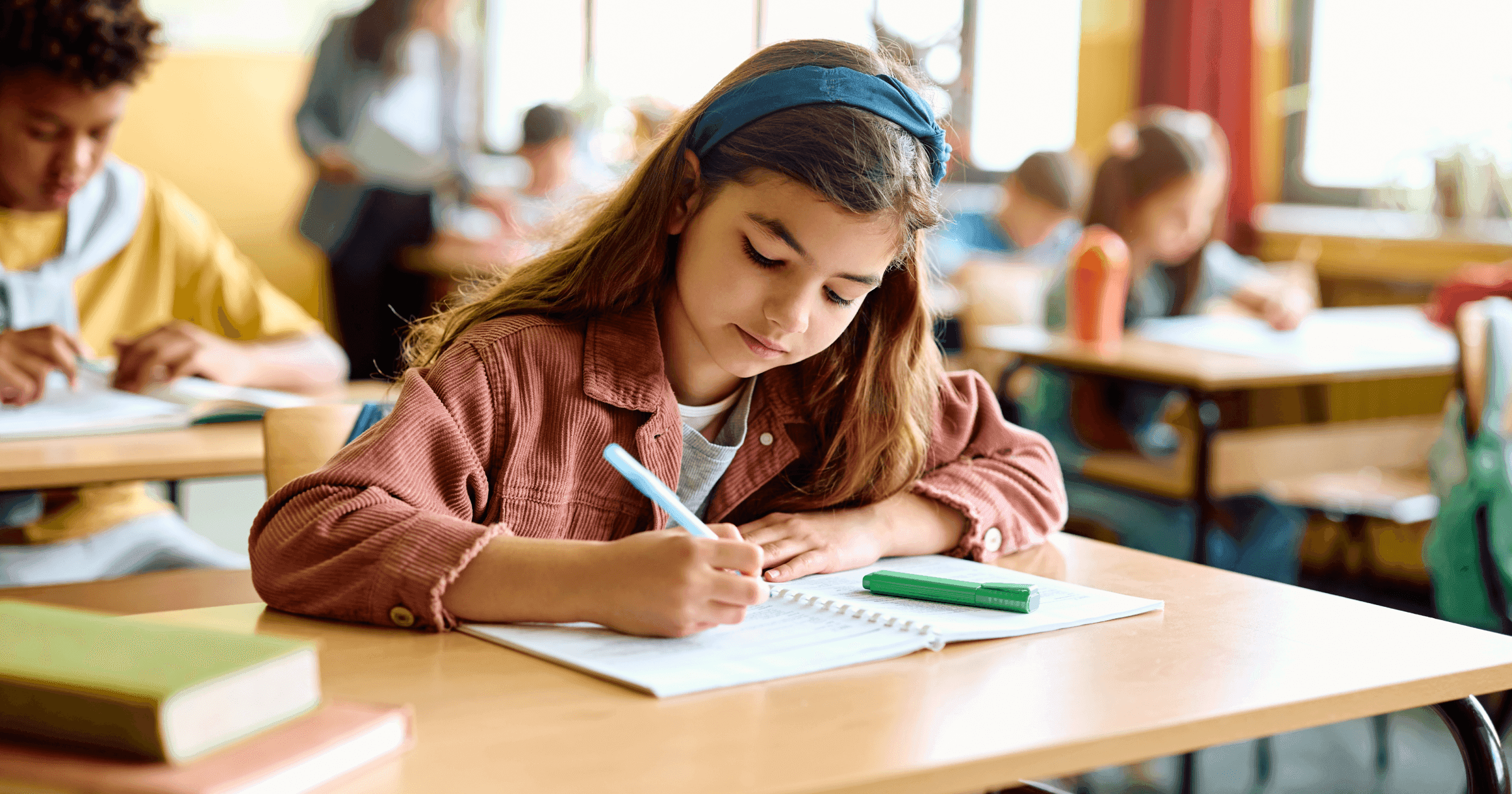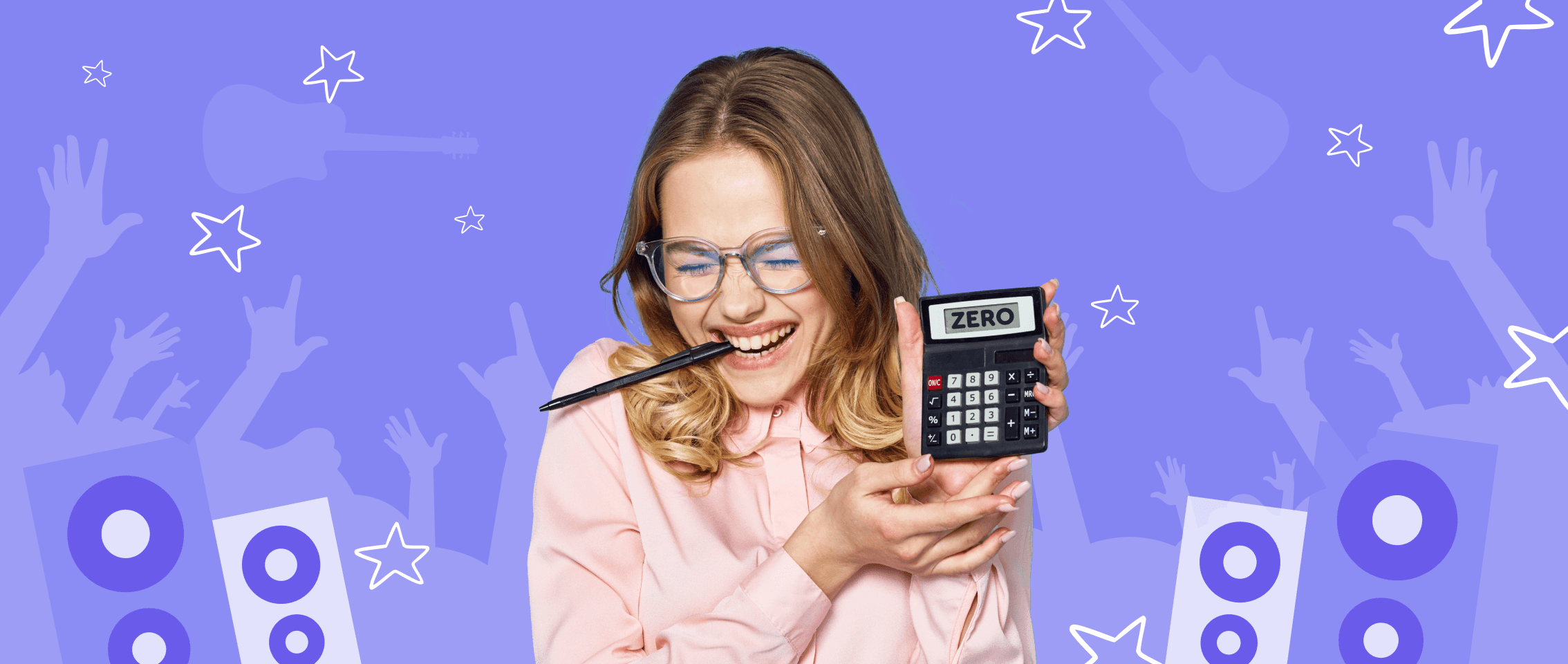The value of the Irish school system cannot be overestimated as it provides any child living in Ireland with high-quality education free of charge – a crucial advantage for those expats with families whose relocation package does not cover tuition fees. Read on to find more about how the school system in Ireland operates and what options are available to expat parents.
An overview of the Irish school system
Levels of education in Ireland
Alternative educational arrangements
An overview of the Irish school system
The Irish education system comprises two main levels: primary and secondary. Any child must attend school between the ages of 6 and 16 or from the age of 6 and until they have completed 3 years of secondary education and obtained their junior certificate. Those who wish to continue their studies after graduating from an Ireland school can enrol into a university or other higher education institution.
Any child in Ireland has the right to free, state-funded primary and secondary education. This is great news for those expats in Ireland who need to support their loved ones: instead of paying into the Irish education system they can send more money back home (and those who do it with Profee can also save money on transfers considerably). Still, there is an option for parents/guardians aiming for the best schools in Ireland to register their child with one of the dozens private fee-paying schools, or to educate them at home.
If for some reason a place for the child cannot be found in a local school, parents should contact the Child and Family Agency
Levels of education in Ireland
Pre-school
Free education in Ireland includes two pre-school years of Early Childhood Care and Education (ECCE), also known as Junior and Senior Infants, for children aged 4 to 6. The format includes nurseries, creches, playgroups, and so on. Although not mandatory, this first level of education in Ireland is very popular, with nearly half of all 4-year-olds and all 5-year-olds participating. The nearest ECCE provider can be found here.
Primary education
The school system in Ireland begins with six classes of primary education. Usually, children enrol at the age of 6 and complete the programme at the age of 12. The curriculum comprises 7 major areas divided into subjects:
- Language (English, Irish)
- Mathematics
- Social, environmental and scientific education (history, geography, science)
- Arts (music, visual arts, drama)
- Physical education
- Social personal and health education
- Religious education
In the Irish school system, most institutions are religion-affiliated (over 88% are Catholic schools); however, students have the right to opt out of getting religious instruction.
During primary school, students take three tests in English and mathematics: at the end of the 1st and the 4th classes and at the beginning of the 6th class.
Among the benefits of free education in Ireland is the ‘My little Library’ scheme providing all children who start school in 2024 with a bag of books and a local library card.

Secondary education
After completing primary education in the Irish school system, children enrol with a secondary-level school of their choice: secondary, vocational, community, or comprehensive. First, they must complete the 3-year Junior Cycle and pass a national examination to get their Junior Cycle Programme of Achievement certificate. This is where the mandatory levels of education in Ireland end.
The next step in the Irish education system is the optional Transition Year, a one-year exam-free programme aimed at developing life and work-related skills as well as offering many travel options, foreign and local (Profee can be a useful tool during those trips). Almost 70% of all students in the school system in Ireland take the Transition Year. Note that the availability of the programme depends on the particular Ireland school.
Following is the two-year Leaving Certificate programme which wraps up with taking a national examination and obtaining a leaving certificate (its type depends on the type of the secondary school selected). The document certifies the completion of upper secondary education in the Irish school system by the student.
Higher education
The third level of education in Ireland is offered by universities (including the University of Dublin and its Trinity College, considered to be one of the best schools in Ireland and worldwide), institutes of technology, and colleges of education. There is as well a number of specialised establishments teaching disciplines such as medicine, business studies, art and design, and so on.
Further education and training
Outside of the Irish school system there are over 25,000 life-learning programmes for young school leavers and adults, including apprenticeships, traineeships, Post Leaving Certificate (PLC) courses, and such. While some are fee-based, most courses are provided free of charge. For expats, these programmes are a great opportunity to master additional skills and start earning more, supporting their loved ones or contributing to their savings account back home (and saving on money transfers with Profee).
If you want more advice on finance, check out the list of banks in Ireland.

Alternative educational arrangements
The Irish education system also includes fee-paying private schools whose curricula and management are independent of state control. Many of these have religious affiliations, mostly Catholic, and incorporate numerous extracurricular activities such as foreign languages, sports, economics, arts, and so on. Next, there are international schools catering to the growing expat population, especially in Dublin. However, due to increasing demand, there are long waiting lists and highly competitive admission.
Finally, parents/guardians have an option to educate their child outside of Ireland schools altogether, such as at home. No formal qualifications are needed but a certain minimum education must be ensured. In such cases, it is mandatory to register with the Alternative Education Assessment and Registration Service (AEARS).
Expat families living in Ireland are lucky to have the safety net of the free Irish education system. Moreover, they can use Profee to ensure their loved ones at home also feel financially secure. With the new school year around the corner, get the Profee app on Google Play or the Apple Store and use the opportunity to send home a ‘back-to-school’ money present!




